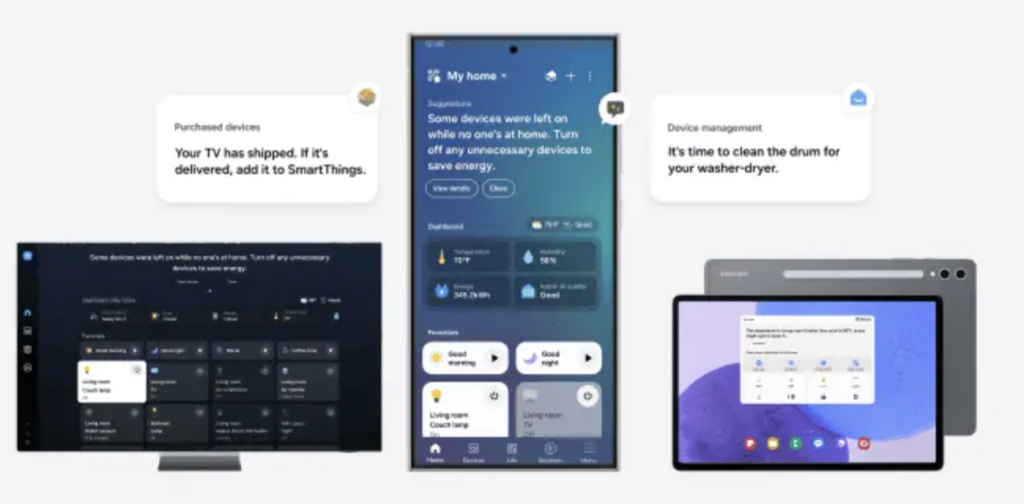
11-16 #DozeOff : Samsung could release a double-folding smartphone in 2025; Xiaomi is reportedly gearing up to enter the AI glasses market; Samsung to mass produce smart glasses in 3Q25; etc.

Samsung is allegedly considering outsourcing Exynos chip manufacturing to TSMC. Samsung Galaxy S25 series will reportedly use Qualcomm Snapdragon 8 Elite chip worldwide. Apparently, solving the low yield issues of the company’s 3nm GAA wafers will take longer than it has available. If the claim is accurate, at least half the problems in Exynos chips, like performance throttling and higher power consumption, could be solved to a large extent. Older Exynos chips had three major problems: power efficiency, performance throttling, and an inefficient cellular modem. (Android Headlines, Twitter, SamMbobile)
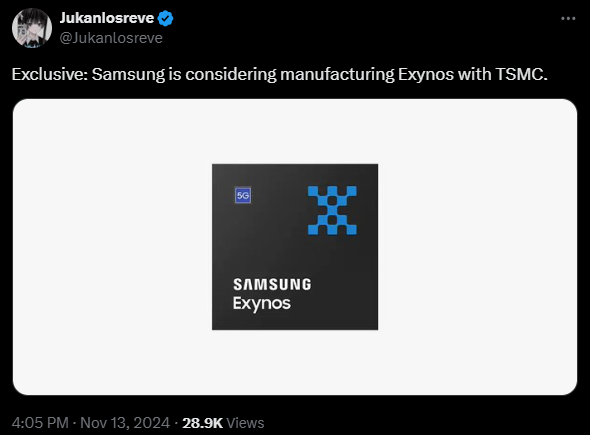
Qualcomm has announced the impending launch of two new connectivity modules for the Internet of Things, the QCC730M and QCC74xM. The QCC74xM is Qualcomm’s first programmable connectivity module based on RISC-V. This module has advanced connectivity features with Wi-Fi 6 and Bluetooth 5.3, as well as Thread and Zigbee. The other chip, QCC730M, is a micro-power Wi-Fi 4 module. This is intended to be used in battery-powered devices – think Wi-Fi security cameras or smart locks. It has a 60MHz CPU with 640KB RAM, plus hardware acceleration for cryptographic security algorithms.(GSM Arena, Qualcomm)
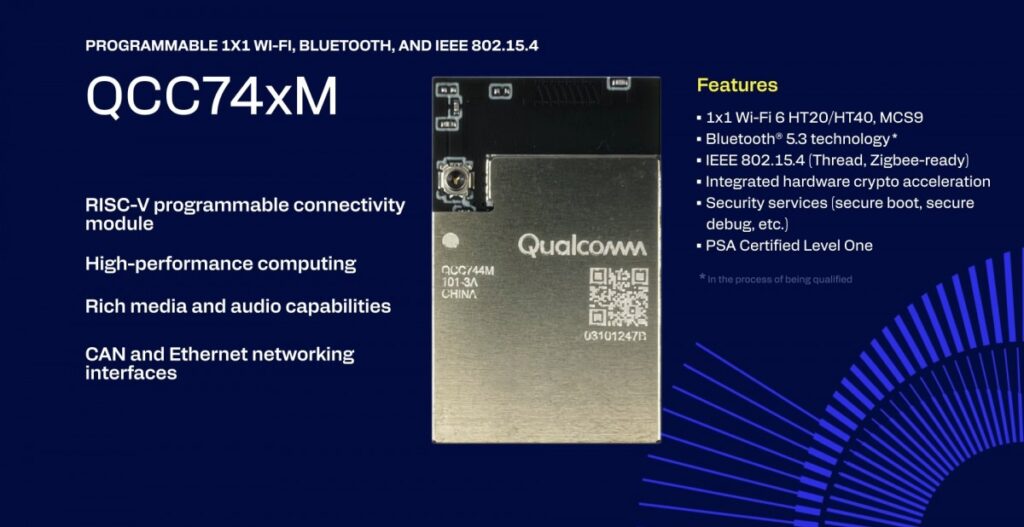
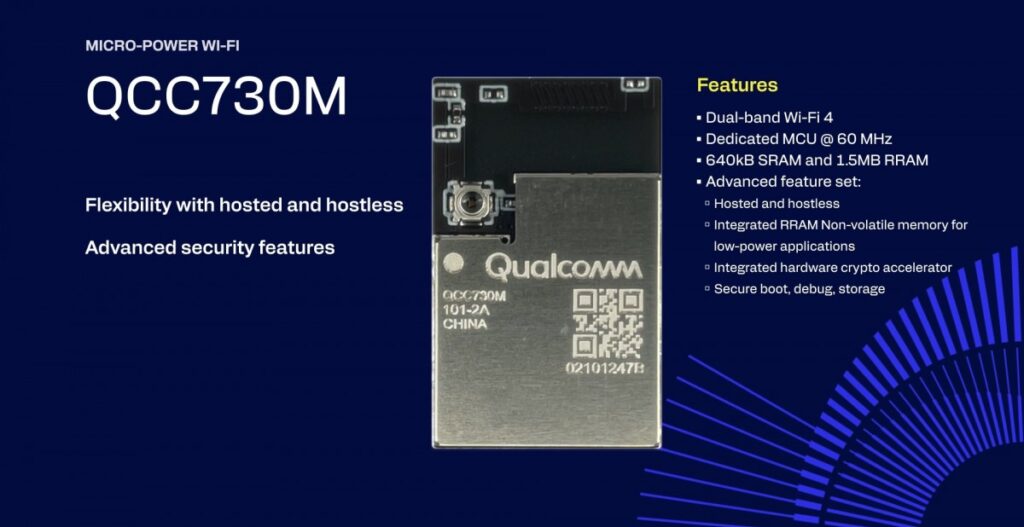
Tang Jianguo, Chief Economist of the Beijing Municipal Bureau of Economy and Information Technology, has announced that a successful tape-out on the 3nm process had been achieved by Xiaomi. Xiaomi has been developing its own custom chipsets for years. The first product is believed to be Surge S1, which was released with the Mi 5c smartphone in 2017. The report suggests that the Surge S1, built on 28nm node, is a 64-bit octa-core processor. Following the Surge S1, Xiaomi went on to develop several chips, reportedly including the Surge C1, Surge G1, and Surge T1. There has been no information regarding the 3nm chipset’s central processing unit (CPU) cluster, graphic processing unit (GPU) or architecture. (CN Beta, Asia Times, TrendForce, My Drivers, WCCFTech)
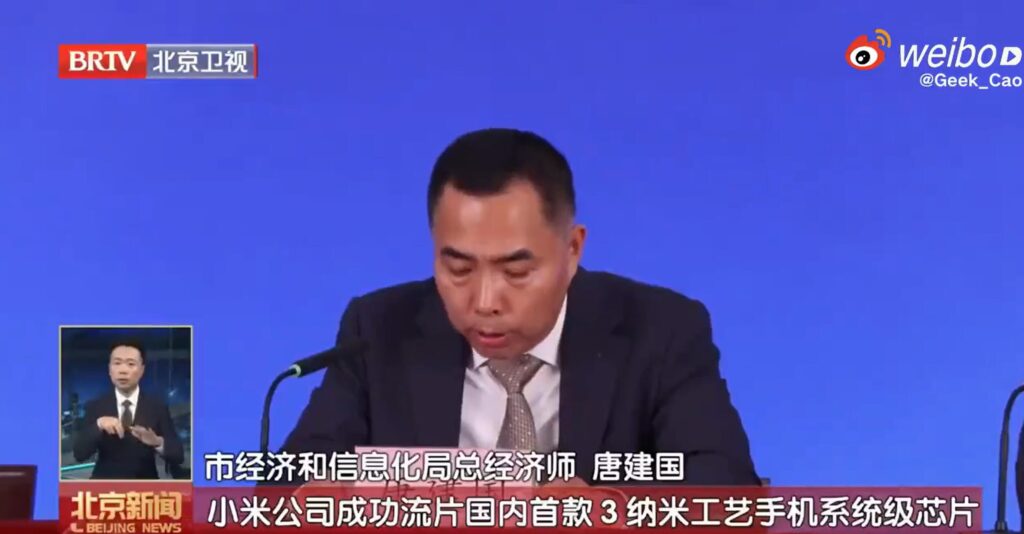
Benefiting from the competition between Qualcomm and MediaTek for flagship smartphone business opportunities, TSMC is not afraid of Apple’s reduction in 1Q25 iPhone tape-out, and the 1H25 3 and 5nm utilization rates remain fully loaded; in addition, with the assistance of AI chips, the 1H25 5nm utilization rate will exceed 100%. In addition, TSMC’s CoWoS will open up a monthly production capacity of 36,000 pieces by the end of 2024, and 90,000 pieces by the end of 2025. The outbreak point is concentrated in 4Q25, alleviating the current packaging capacity pressure. Nvidia’s B series is gradually increasing in volume, and will produce 200,000 B200 chips by the end of 2024, and will launch B300A in 3Q25. AI demand continues; from the perspective of advanced packaging CoWoS capacity, the monthly capacity will reach 36,000 pieces by the end of 2024, and will increase quarter by quarter in 2025. With the opening of new plant capacity, the capacity by the end of the year is expected to reach 90,000 pieces. (CTEE, UDN, ETToday, CN Beta)
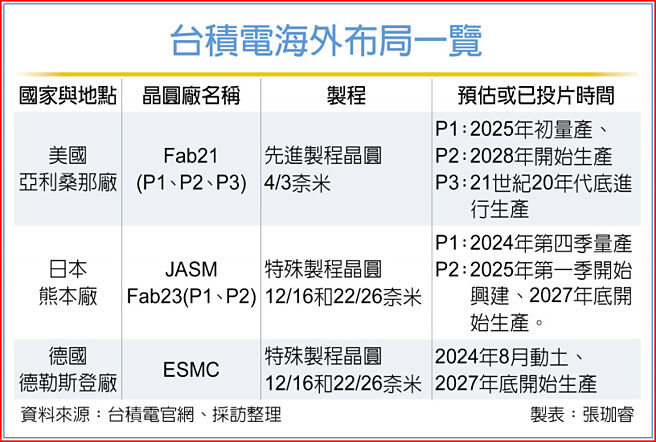
In Apr 2024, the United States Department of Commerce announced USD6.6B in direct funding for TSMC under the U.S. CHIPS and Science Act. The subsidy has now been finalized and will include an additional $5 billion in government loans, which will help expand TSMC’s semiconductor production in Phoenix, Arizona. This is the first major binding contract in the CHIPS and Science program following its inception in 2022 The agreement will see government funds handed out to TSMC on a project milestone basis, with the first USD1B expected to be transferred before the end of 2024. TSMC has agreed to expand its investments in to USD65B across its fabs in Arizona, which accounts for the highest foreign direct investment as a project in U.S. history. (GSM Arena, Commerce, CN Beta)

Advanced Micro Devices (AMD) has confirmed that it is laying off 4% of its workforce to focus on “large growth opportunities”. AMD had roughly 26,000 employees as of 2023. AMD has struggled to make progress in AI chip sales against rival Nvidia. AMD will ship 224,000 GPUs in 2024, a high volume, but not enough to satiate large customers like Microsoft and Meta. (TechCrunch, 10-K Filing, WCCFtech, Seeking Alpha)
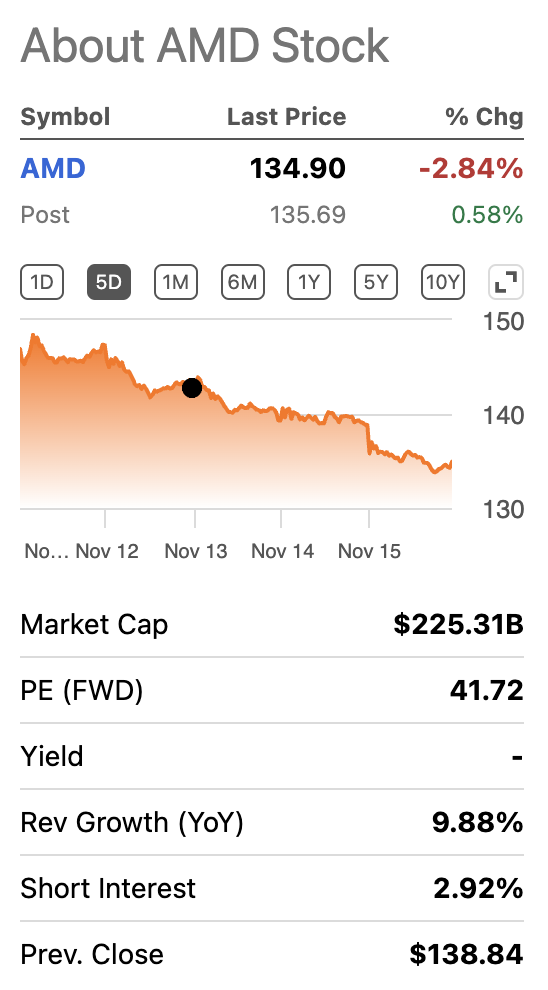

Samsung could release a double-folding smartphone in 2025, marking a new form factor innovation for the company. It has begun development work on the product, and its design and “release model” are said to be finalized by the end of Nov 2024. This foldable is expected to have a screen size of around 9”-10” when unfolded. Samsung’s version could fold “inward”. This is done to improve its durability as folding outward would make the phone “vulnerable to drops and impacts”.(Android Central, Android Authority, ET News)
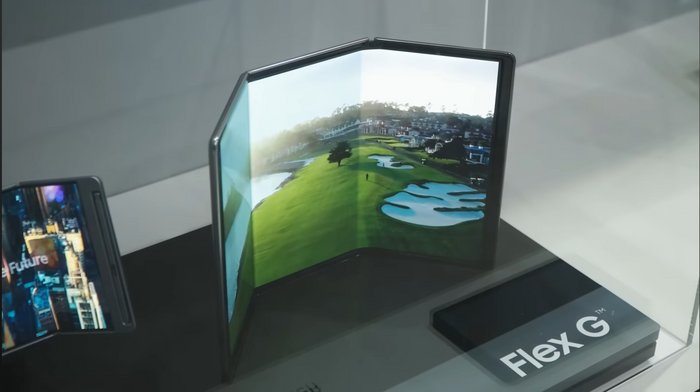

Huawei has unveiled a patent for a sulfide-based solid electrolyte, a crucial component for next-generation lithium-ion batteries. By replacing the liquid components with solid electrolytes, Huawei aims to significantly enhance the lifespan, safety, and performance of batteries, particularly for applications like electric vehicles (EVs) and energy storage systems. The patented sulfide-based solid electrolyte exhibits exceptional properties, including high energy density, rapid charging and discharging capabilities, and excellent low-temperature performance. Moreover, it offers enhanced safety by mitigating the risk of thermal runaway, a common concern with traditional lithium-ion batteries. (Gizmo China, My Drivers)
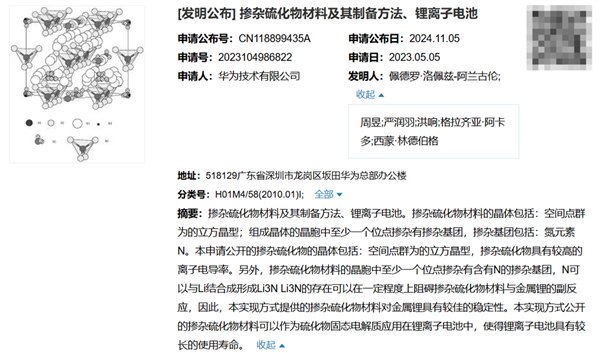

The European Commission has fined Meta Platforms EUR797.72M (USD840.24M) over abusive practices benefiting Facebook Marketplace. The Commission stated that Meta unfairly tied its classified ads service, Facebook Marketplace, to its dominant social media platform, giving it an advantage over competitors and imposing unfair terms on rival online classifieds services. Meta has already announced plans to appeal the decision but has agreed to comply with the ruling in the interim. The company stated it would work promptly and cooperatively to implement changes addressing the EU’s concerns. (Phone Arena, Reuters)

According to Oura CEO Tom Hale, Apple will not introduce a smart ring. He believes that Apple is unconvinced about the value of having a ring and a watch together and they are not interested in undercutting the Apple Watch as a business. Under CEO Tim Cook, Apple has put a large focus on health applications through the Apple Watch and related services.(MacRumors, CNBC, Entrepreneur)
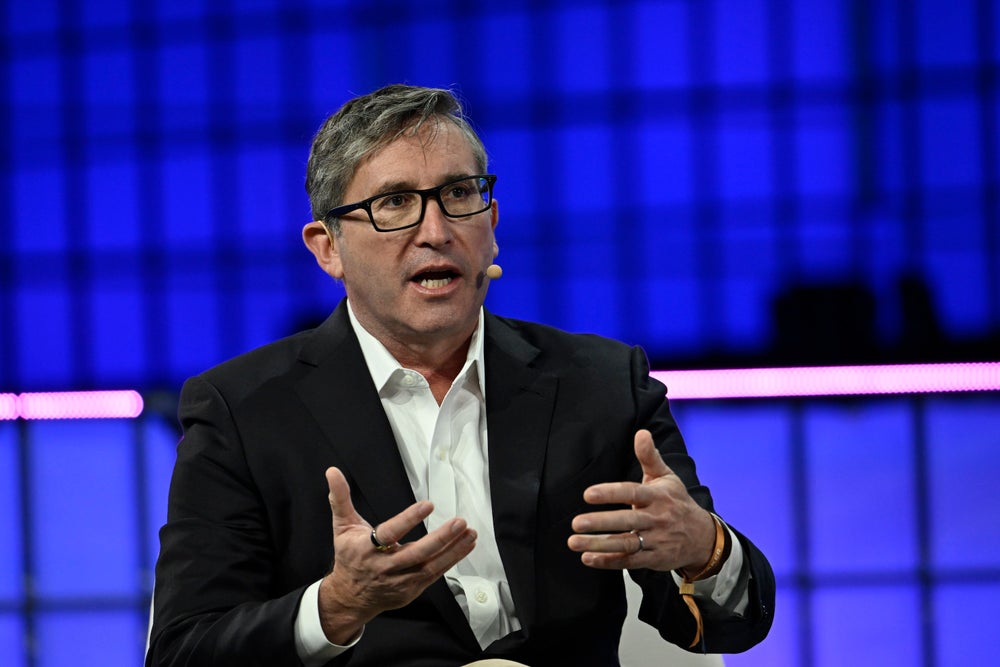

Xiaomi is reportedly gearing up to enter the AI glasses market, partnering with Goertek for its upcoming wearable, which is expected to debut in 2Q25. Xiaomi CEO Lei Jun has set an ambitious goal for the glasses, with expected shipment volumes reaching at least 300,000 units. The new AI glasses reportedly aim to rival Meta’s Ray-Ban models, integrating both AI capabilities and advanced hardware features. Xiaomi’s AI glasses will feature an array of cutting-edge technology-driven modules, including AI integration, audio headphone components, and camera modules. Other companies such as OPPO, vivo, Huawei, Tencent, and ByteDance are also exploring possibilities in the AI glasses market. (Gizmo China, IT Home, 36Kr, CNW)
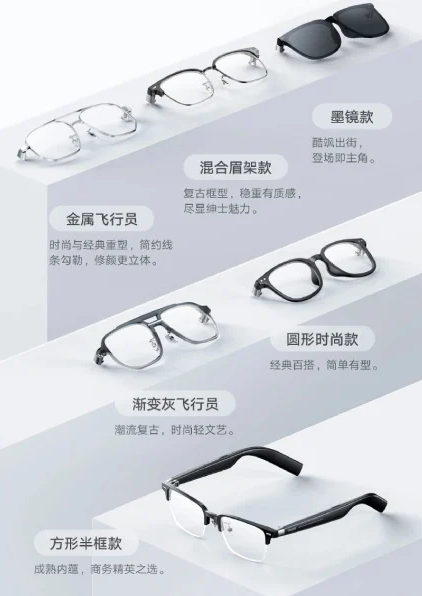
Samsung’s alleged upcoming XR glasses that are being developed in collaboration with Google will not arrive until 2H25. According to Wellsen XR, Samsung is planning an initial production run of these smart glasses that would include 500,000 units, and the glasses will be released in 3Q25. The glasses will feature Qualcomm Snapdragon AR1, a 12Mp Sony camera, a 155mAh battery and and a custom Gemini LLM developed with Google. The glasses would weigh 50g. (CN Beta, Twitter, MK, 9to5Google, Tom’s Guide)
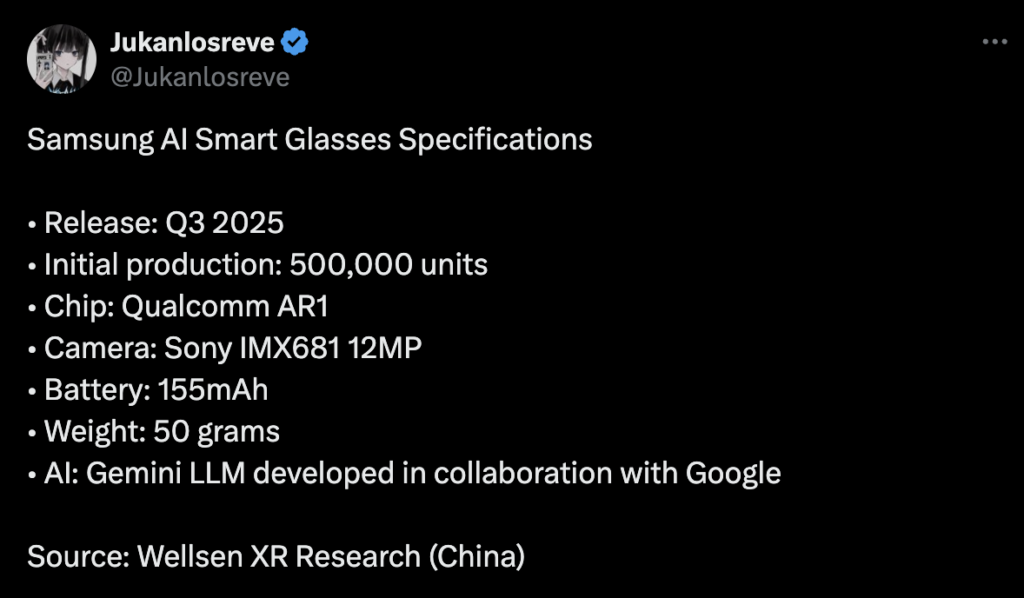

Samsung has announced some enhancements to SmartThings, including AI-powered features. Samsung is redesigning the SmartThings app to offer a more consistent experience across all compatible devices. The “Favorites” tab is now “Home” and will include multiple bits of useful data about the state of your home. Samsung is integrating AI-powered summaries into “Home” with suggestions and useful tips for your daily life. AI-powered tips and suggestions are based on “lifestyle patterns, device usage history, home and device status, daily weather, indoor temperature and more”. (Android Headlines, Samsung, Sammy Fans)
